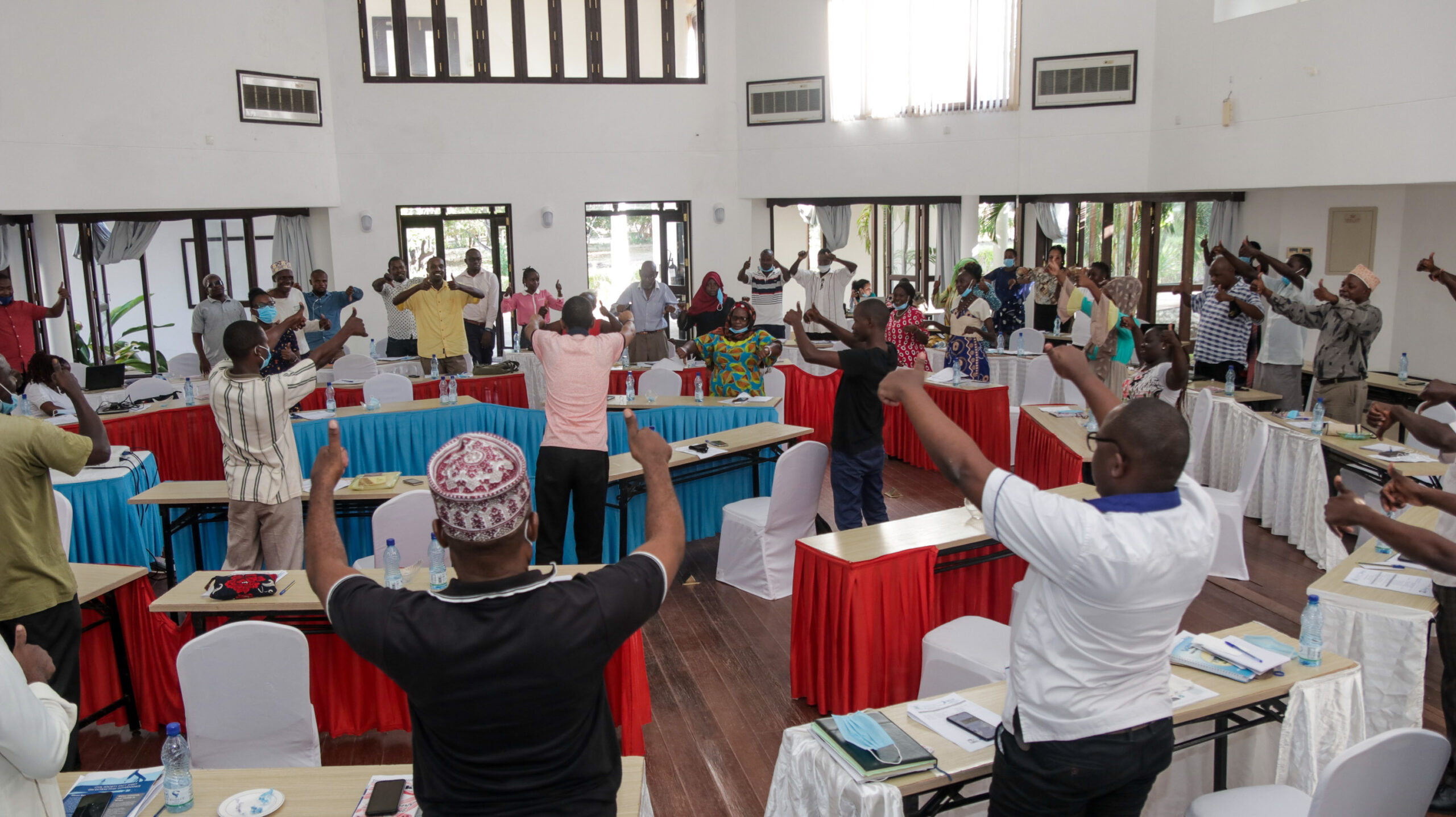Article 166 of the Constitution of Kenya provides the Judiciary Service Commission (JSC) with the mandate to recruit the Chief Justice and other judges. In as much as Article 166 provides the general framework for the process, there is uncertainty due to absence of the exact criteria to be used to evaluate the applicants. JSC is mandated to ensure transparency and public participation in the recruitment process. This is critical in enabling citizens to engage and monitor the process. However, challenges including lack of knowledge within the citizenry to participate in the process and monitor developments continue to hamper public participation.
In this regard, ICJ Kenya has been observing the proceedings of the recruitment of the Chief Justice and the judge of the Supreme Court of Kenya and has been conducting a survey on the public’s view of the process. The monitoring has been conducted through observation at all relevant stages of the proceedings. We deployed a team of legally trained persons from the secretariat and membership to undertake the monitoring.
Interviews commenced on Monday, the 12th of April 2021 and ended on Friday 23rd April 2021.
In the first week, the JSC interviewed five candidates, with a candidate per day. Those interviewed were High Court judge Said Juma Chitembwe, university don Prof Patricia Kameri-Mbote, Court of Appeal judge Martha Koome, High Court judge Njagi Marete, and lawyer Philip Murgor.
Others interviewd were High Court judge Mathews Nderi Nduma. He was followed by lawyer Fred Ngatia, Justice William Ouko, Prof Moni Wekesa and Ms Alice Yano who wrapped up the two-week interviews.











